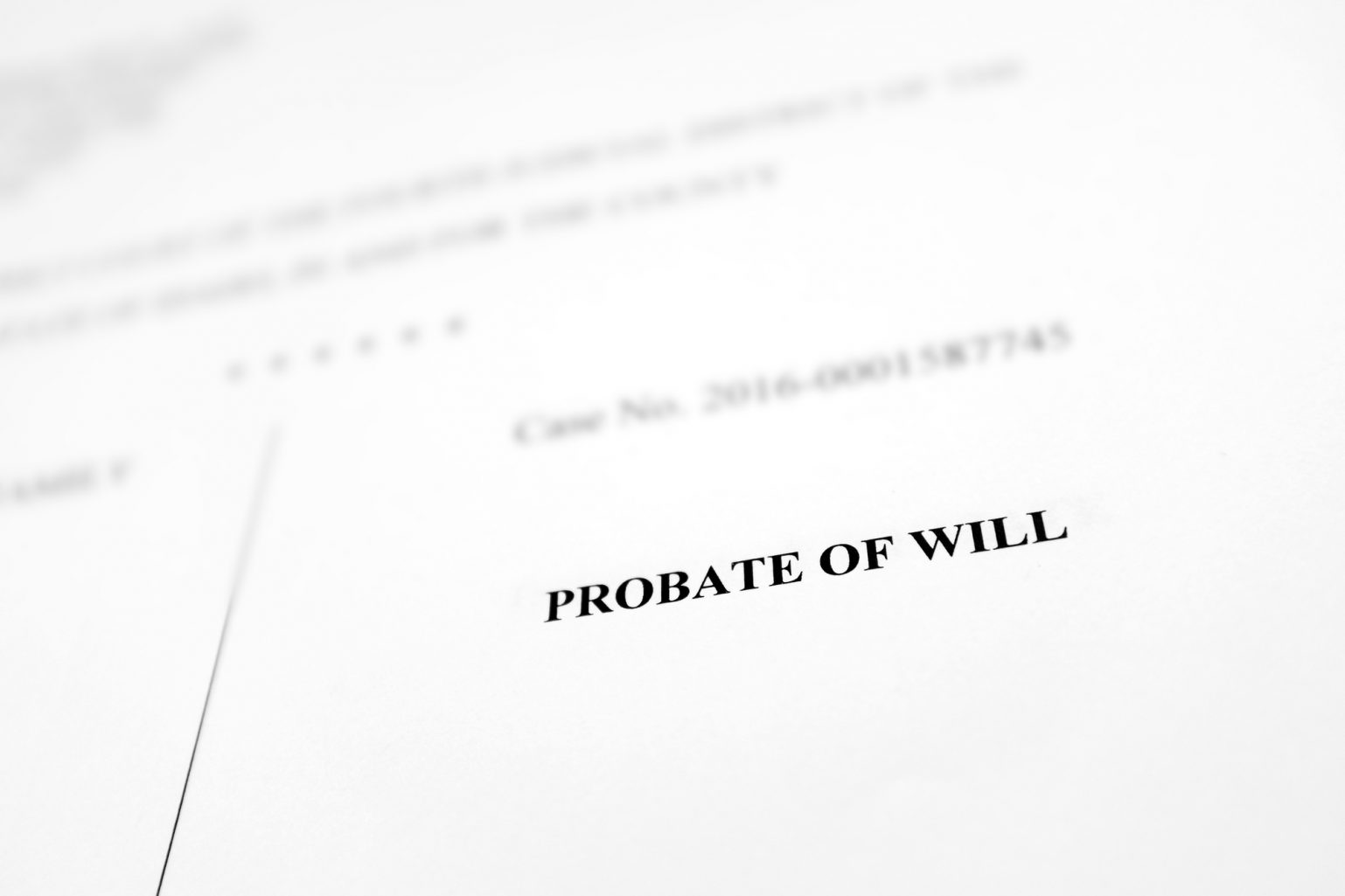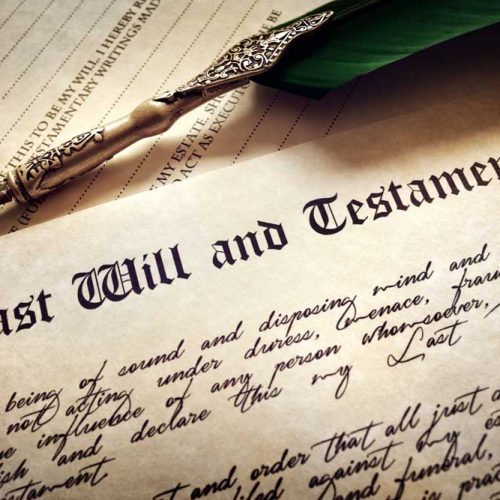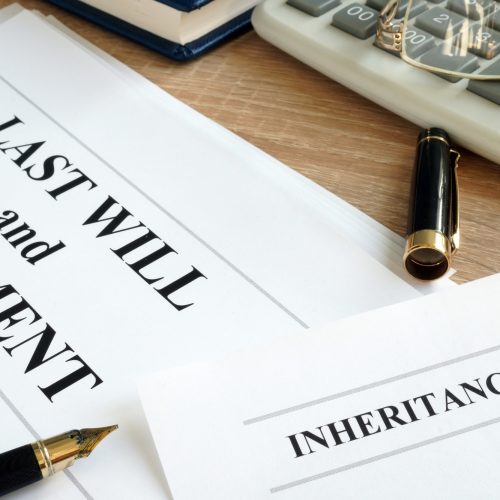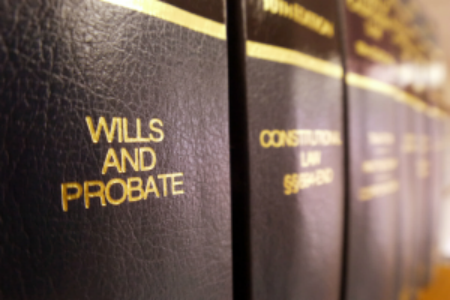Probate Litigation: How to Deal With Estate Disputes
It is a sad, but true reality. All too often when people die, the loved ones they leave behind don’t only mourn them. They also get into heated battles over the deceased’s estate.
Probate litigation is one way of handling your loved one’s estate. The process can sometimes be lengthy and expensive. The right lawyer can speed things up and keep costs down.
Let’s look at what probate is, and how it can help.
What Is Probate Litigation?
Probate litigation is a legal process. This process determines what happens to an estate in the event of a death.
Some people never take the time to sit down and write up a will. In those cases, there is often little to direct what happens and who gets what. This leaves it wide open for squabbles to arise. Things can get heated very fast.
Even in cases where the decedent left behind a will, there can be disagreements. One or more parties may not be willing to accept the will as-is.
They may feel that the will treats them unfairly. Or they may think that someone tricked or coerced the decedent into making that draft of their will. Probate litigation is a process they can use to contest the will.
The problem with this is that all too often the lawyers are the only winners. Probate litigation can drag on for years. This eats up not only time but also resources.
That’s why you need a skilled lawyer. They can help to ensure that probate doesn’t drag out like this.
What Happens During Probate?
Now let’s take a look at the probate process step-by-step. Looking at it like this, it doesn’t seem too complicated.
The problem is that each step can take months to resolve. Some processes involve a lot of paperwork. Plus, many states have waiting periods that must be satisfied. This, of course, drags out the process.
Step 1: Take Inventory
The court will need a complete inventory of the decedent’s estate. The first step is making this inventory.
Everything that the decedent owned or owed needs to be in this inventory. Even items that the decedent co-owned with someone else needs to appear on this list. Someone trustworthy and meticulous will need to head up this step.
Step 2: Open the Probate Estate
The next step is to take everything to an attorney to open the probate estate with the probate court. The attorney will need to see all pertinent documents. Next, they will draft the paperwork to open the case.
The executor and all beneficiaries must review and sign the documents. Then the lawyer can file the paperwork to open the case. If there is not a will naming these individuals then this duty falls to the heirs at law.
Step 3: Find the Assets’ Values
The next step is to determine the value of all the assets. Bank accounts and whatnot are pretty easy. But for items like jewelry, art, and real estate you will need a professional appraiser.
All items must be listed at their value on the date of the decedent’s death. Thus you will need to provide financial institutions with the date of death. They can then issue a statement showing the value of the decedent’s accounts on that date.
Step 4: Pay Any Finals Bills or Other Expenses
The next step is to pay any final bills, taxes or other expenses of the decedent. There is always something to pay. Even if the decedent was current on everything else there will be death taxes to pay.
Sometimes there isn’t enough liquid cash available for this undertaking. In that case, the executor will need to choose an asset to sell to obtain the necessary cash.
Throughout this process, the executor must also keep the decedent’s ongoing bills current. Examples include mortgage payments, utilities, insurance, etc.
Step 5: Make Distributions
When all of this is finally done, it’s time for heirs to receive their parts. The court will have to decide who gets what. This can be a tricky process for obvious reasons.
At this point, there isn’t always a lot left. This is the reason why so many try to avoid probate. Every step of the way costs money.
But in cases where the heirs can’t agree this process can mitigate fights and bad feelings. Many a family has been torn apart by disputes after the death of a family member. Probate is expensive, but it can help alleviate those disputes.
Common Factors That Lead to Probate
Several factors increase the possibility that an estate will end up in probate court. Some of these are second marriages, sibling rivalry, and dysfunctional families. Bad blood has a nasty way of making it’s way to the surface at times like these.
It also occurs often when there is a non-standard will. You might think that having a will avoids all these familial problems at death. It helps a lot for sure, but it doesn’t always avoid probate.
Possible cases include where one child was cut out, or given less and wants to contest the will. Other instances might be leaving gifts to mistresses and ridiculously detailed trusts.
Even the wrong fiduciary can lead to probate. Fiduciaries need to be responsible, trustworthy, organized and have good people skills. Without these qualities, other family members may not readily accept their distribution decisions.
How Can Probate Litigation Help?
While probate litigation can drag on for months or even years, it will end at some point. Relentless squabbling only runs in circles and it takes a lot to agree and end the battle.
In probate litigation, the courts make the decisions for you. Often, all parties involved rest easier. Just knowing that the court has reviewed and distributed the case is enough for some people.
Do You Need Help?
Are you in a sticky situation with your relatives after the death of a loved one? Talking with a good estate attorney can help.
Contact us today to set up an appointment. Even if you don’t need to enter the probate process it’s good to know your options.














Leave a Reply
Want to join the discussion?Feel free to contribute!